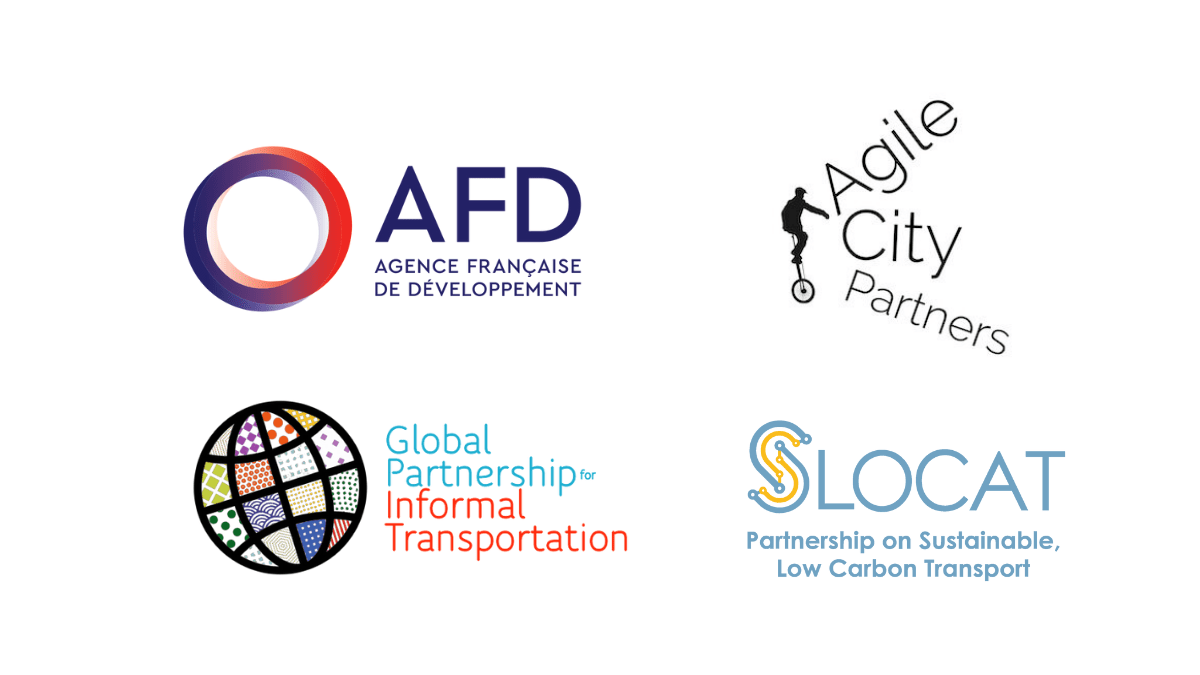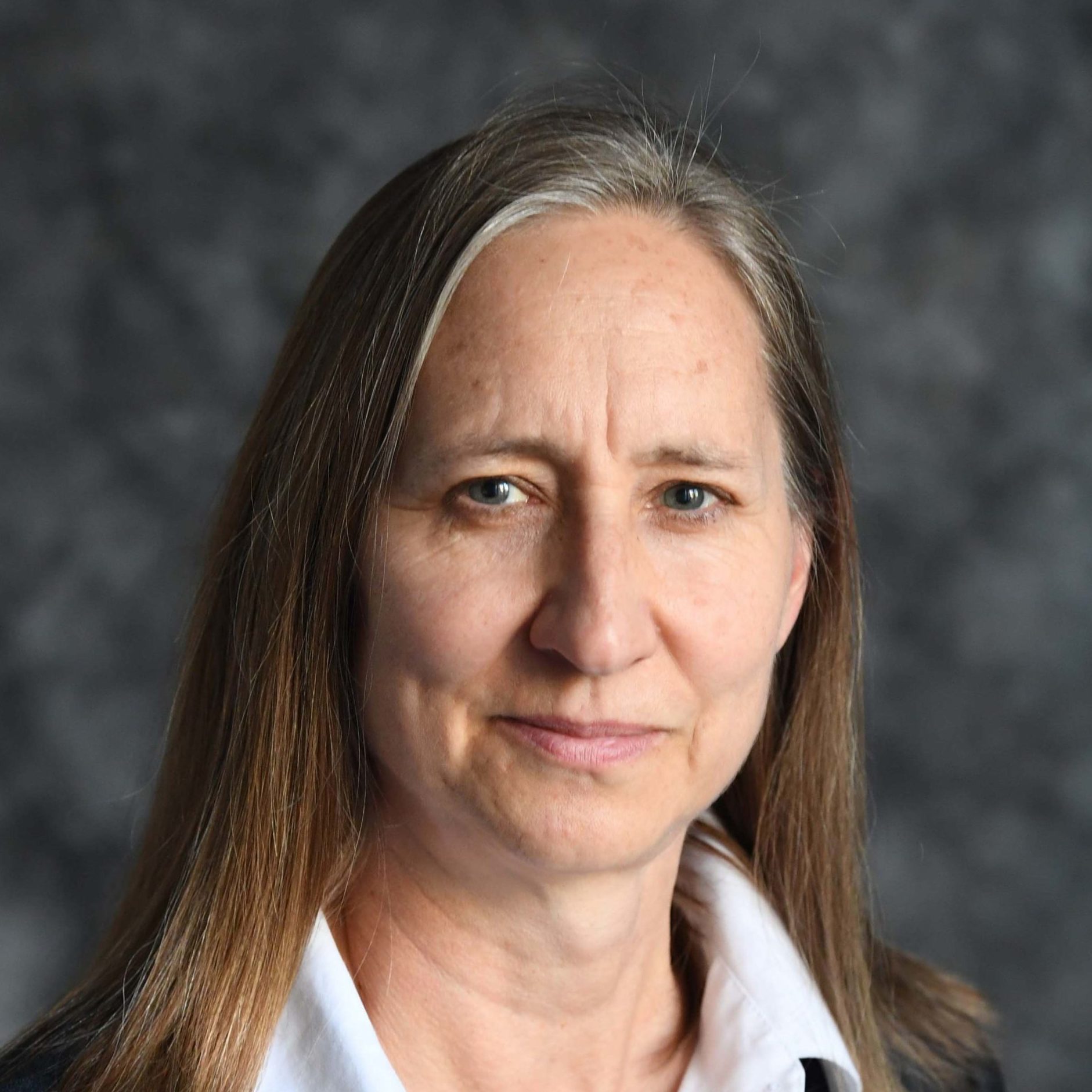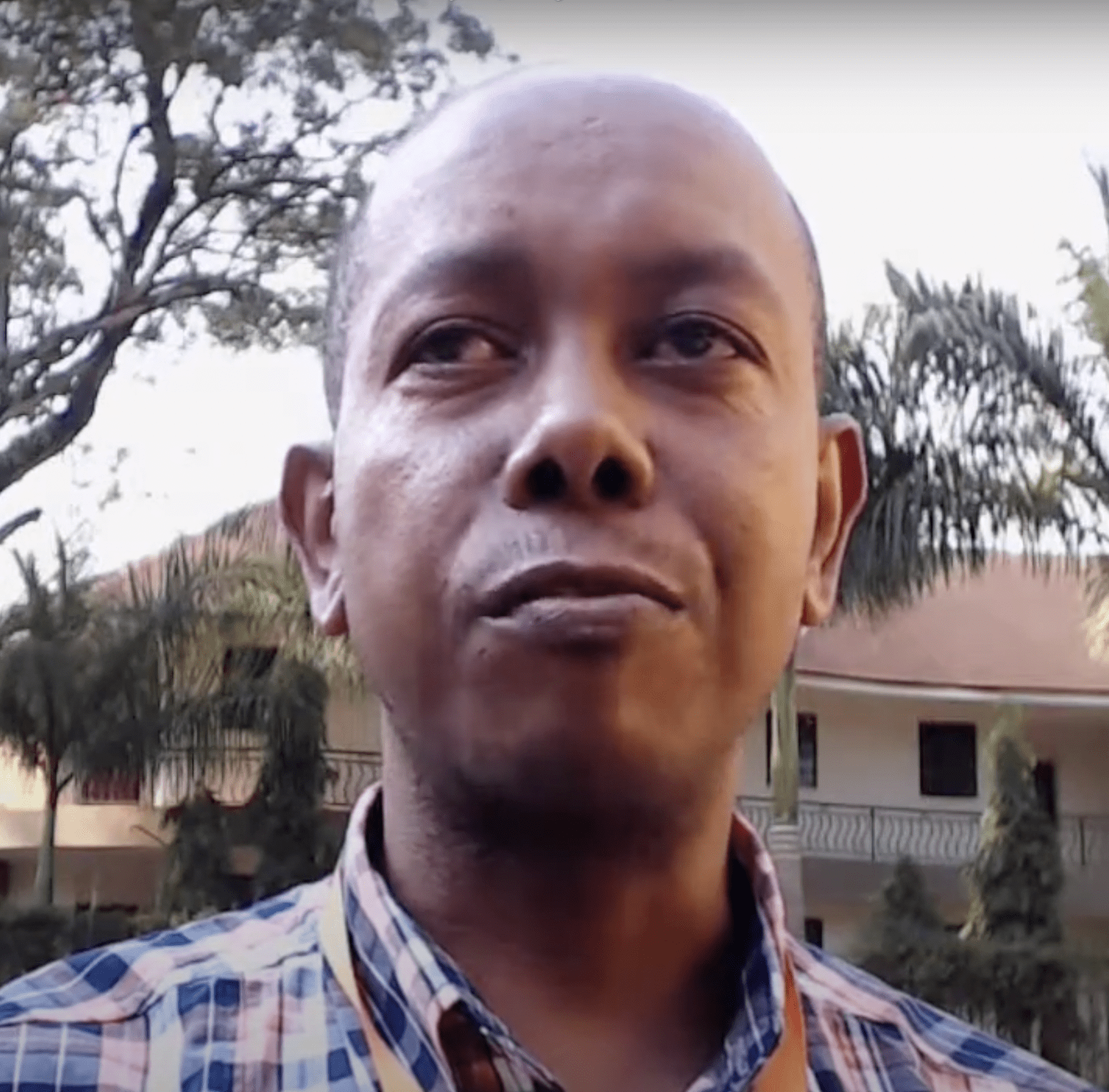
Reimagining the Race to Zero in the Global South: Exploring the Role of Informal Transport in Africa’s Transition Towards Inclusive, Sustainable and Decarbonised Transport
Overview
Informal transport (also commonly known as paratransit) dominates the urban mobility systems of the rapidly growing metropolitan regions of the Global South. In Africa, informal transport modes are known by many names depending on the country or region – boda bodas, motos, okadas, trotros, matatus, kamunys, etc. – but overall, up to 90% of all motorised trips are carried out using informal transport.
Rather than seeing this as a problem, in this monthly blog series we aim to look at informal transport as an asset and an opportunity for an inclusive Race to Zero in the Global South. This blog series will provide examples of how we can rethink business models, governance, regulation and organisation structures, to develop accessible, integrated, inclusive, innovative, bottom-up, and decarbonised mobility solutions for Africa and other countries in the Global South.
This blog series is a collaboration between the Global Partnership for Informal Transportation and the SLOCAT Partnership with the support of the Agence Française de Développement (AFD).


Shared by Andrea San Gil León, Founder of the Center for Urban Sustainability in Costa Rica and Co-Founder of Agile City Partners and the Global Partnership for Informal Transportation
“The Global Partnership for Informal Transportation and the SLOCAT Partnership come together to feature new and leading voices who are thinking about how we can recruit, work with, and reimagine the informal transport sector and informal transport services to address the climate crisis in African cities”.

Shared by Dr. Jacqueline M. Klopp, Research Scholar/Co-Director, Center for Sustainable Urban Development
“A move towards clean, green popular transport is an important part of building higher quality public and mass transport worldwide and reducing our emissions and their devastating consequences”.

Shared by Geofrey Ndhogezi aka Lubyanza, a boda rider in Kampala, Uganda
“In the Global South, where informal transport dominates cities and streets, simply following global trends and swapping gas guzzling SUVs for their electric-powered equivalents will likely have a negligible impact. The key to accelerating transport decarbonisation in the Global South lies in transitioning diverse informal transportation vehicle fleets to zero-emission vehicles powered by clean energy. Supporting this transition can create a pathway towards inclusive, sustainable and decarbonised transport”.

Shared by Louise Ribet, Global Partnerships Lead, WhereIsMyTransport
“Understanding and rethinking how informal transport systems operate lies at the heart of the public transport decarbonisation agenda for emerging-market cities. Moving forward, informal transport data collection initiatives, such as WhereIsMyTransport, can provide invaluable insights first and foremost on where efficiency gains can be made, and help prioritise electric-mobility initiatives accordingly”.

Shared by Joseph Ndiritu, National Chairman, Public Transport Operators Union, Kenya
“The informal transport sector has been left behind in times of crises, calamities and pandemics. They should not be left behind this time around, but instead allowed to lead in road safety campaigns, climate action and decarbonisation. Beyond compliance, allowing the sector to lead will encourage accountability, responsibility and ownership”.

Shared by Wilma Nchito, Director of Research and Postgraduate Studies, University of Zambia
“The focus of any regulatory efforts for informal transport in the future should be to improve the level of service provided by the public transport sector and to improve its efficiency to reduce the negative impact on the environment and society. The available options that could be put in place will need extensive research to assess the costs and benefits”.

Shared by Omolola Madoh Gegeleso, Lecturer, Ladoke Akintola University of Technology
“Policymakers can therefore promote the use of informal transport by issuing regulations for the use of motorcycles and three-wheelers, setting stricter emission standards for these modes, and increasing awareness among logistics providers on the optimal use of these modes for freight transport and logistics”.